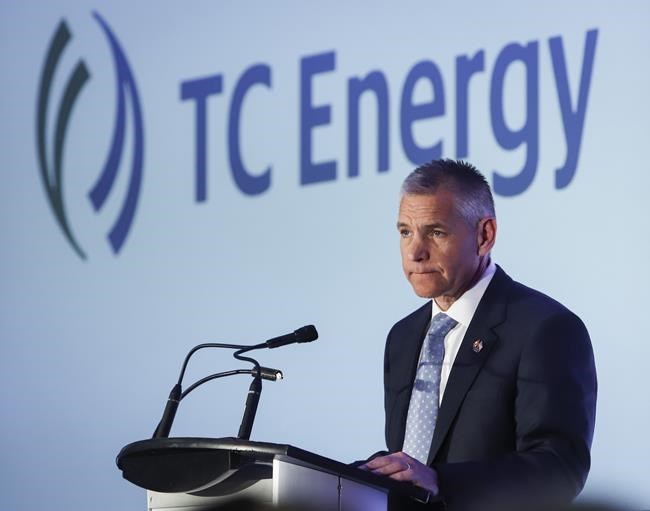CALGARY — The creation of union jobs and support by Indigenous investors will help convince U.S. President-elect Joe Biden that the Keystone XL pipeline fits into his “Build Back Better” agenda, an executive with TC Energy Corp. said Tuesday.
The Calgary, Alberta-based company said it is forging ahead with construction of the pipeline designed to transport up to 830,000 barrels of oil per day from Alberta to Nebraska despite Biden’s vow during his election campaign to rip up the presidential permit that allows it to move oil across the border.
The pipeline, proposed in 2008, was rejected twice under the Obama administration because of concerns that it could worsen climate change, then Trump revived it.
TC Energy’s said in March that it intended to start construction after the provincial government in Alberta invested $1.1 billion to jump-start the work.
“We’ve looked at the incoming Biden administration’s Build Back Better plan and the steps that we’ve already taken with Keystone XL, we believe, have positioned it very
In October, TC Energy announced the awarding of more than US$1.6 billion worth of contracts to six American unionized contractors to execute pipeline construction across three states, supporting more than 7,000 union jobs in 2021. It also said it would create a US$10-million clean energy training fund.
On Tuesday, it announced a deal to allow Natural Law Energy, which represents four First Nations in Alberta and one in Saskatchewan, to invest up to $1 billion in Keystone XL, an agreement that is similar to potential deals being negotiated with American Indigenous groups, Wirzba said.
The company has constructed about 200
The company plans to ramp up construction in the first quarter of 2021 to take the construction work force from about 3,000 now to as many as 15,000 people, CEO Russ Girling said.
The Natural Law Energy investment depends on the group securing financing and is expected to close in the third quarter of 2021, TC Energy said. The agreement also allows the group to pursue interests in future projects related to the pipeline.
The five First Nations include the Nekaneet First Nation in Saskatchewan and the Ermineskin Cree Nation, Montana First Nation, Louis Bull Tribe and Saddle Lake Cree Nation in Alberta.
The Associated Press



